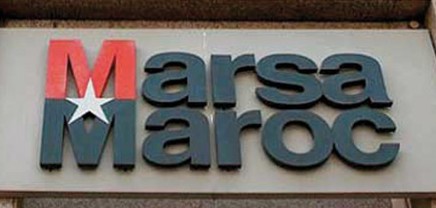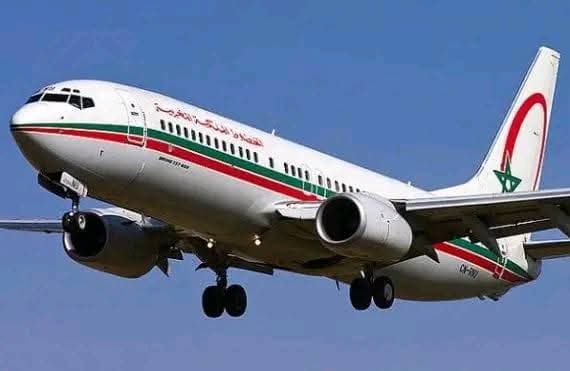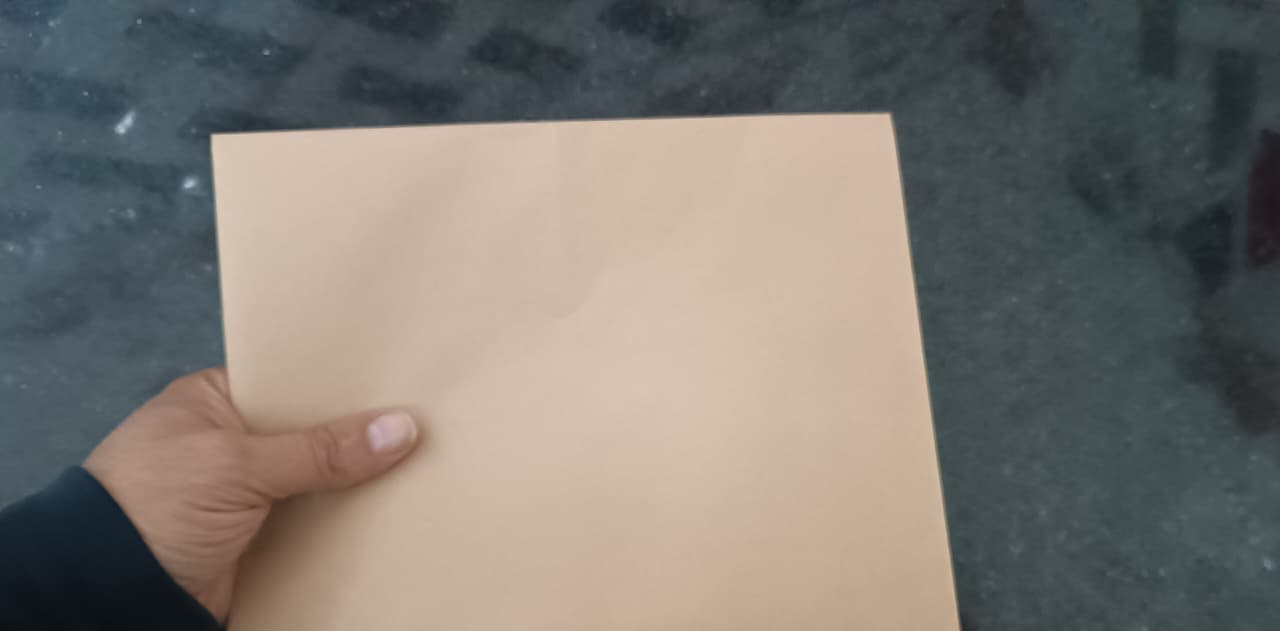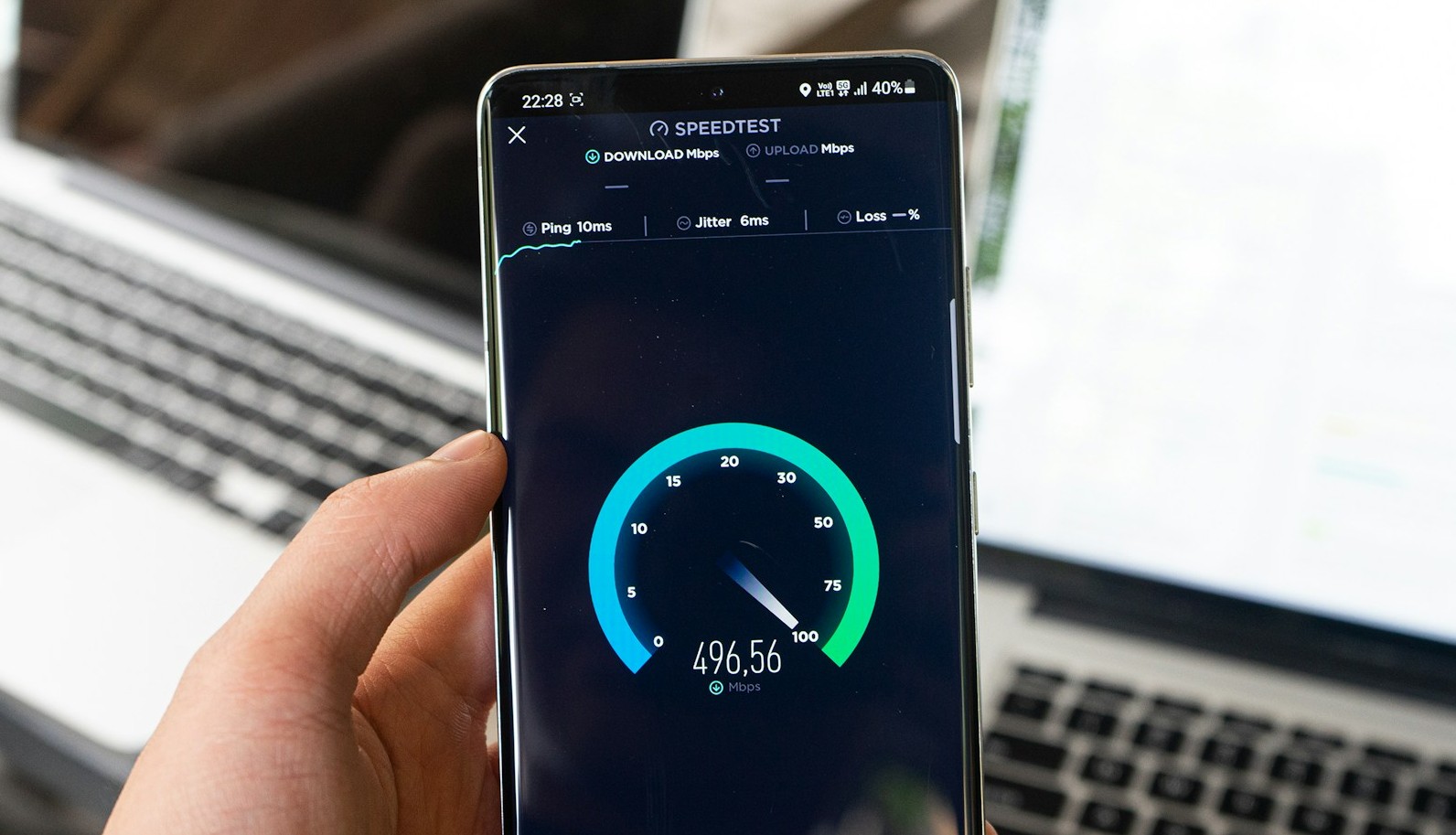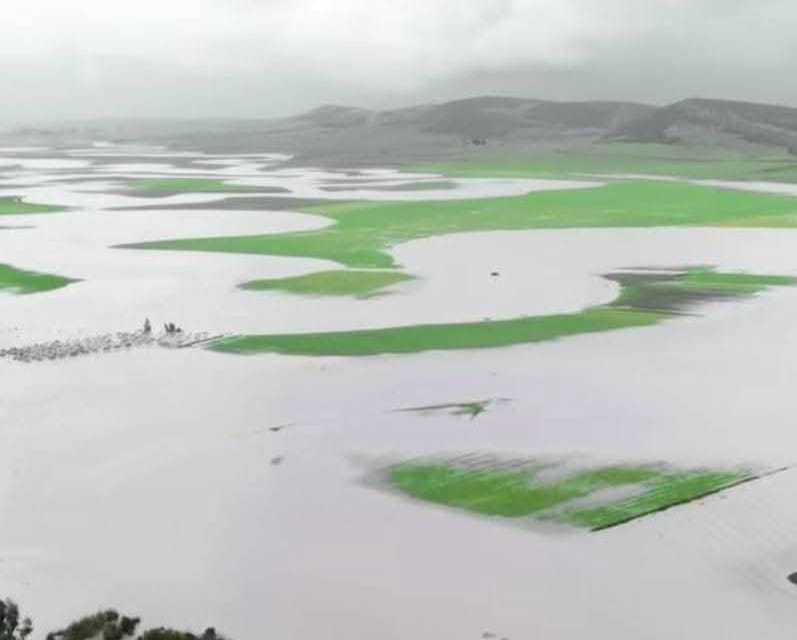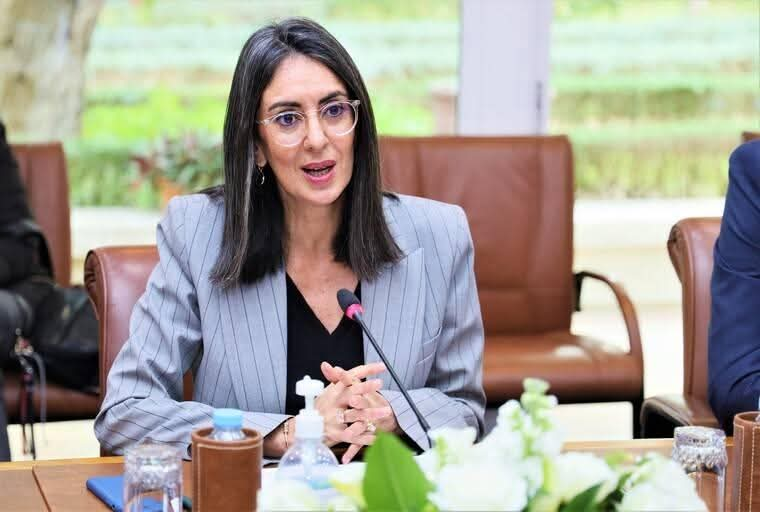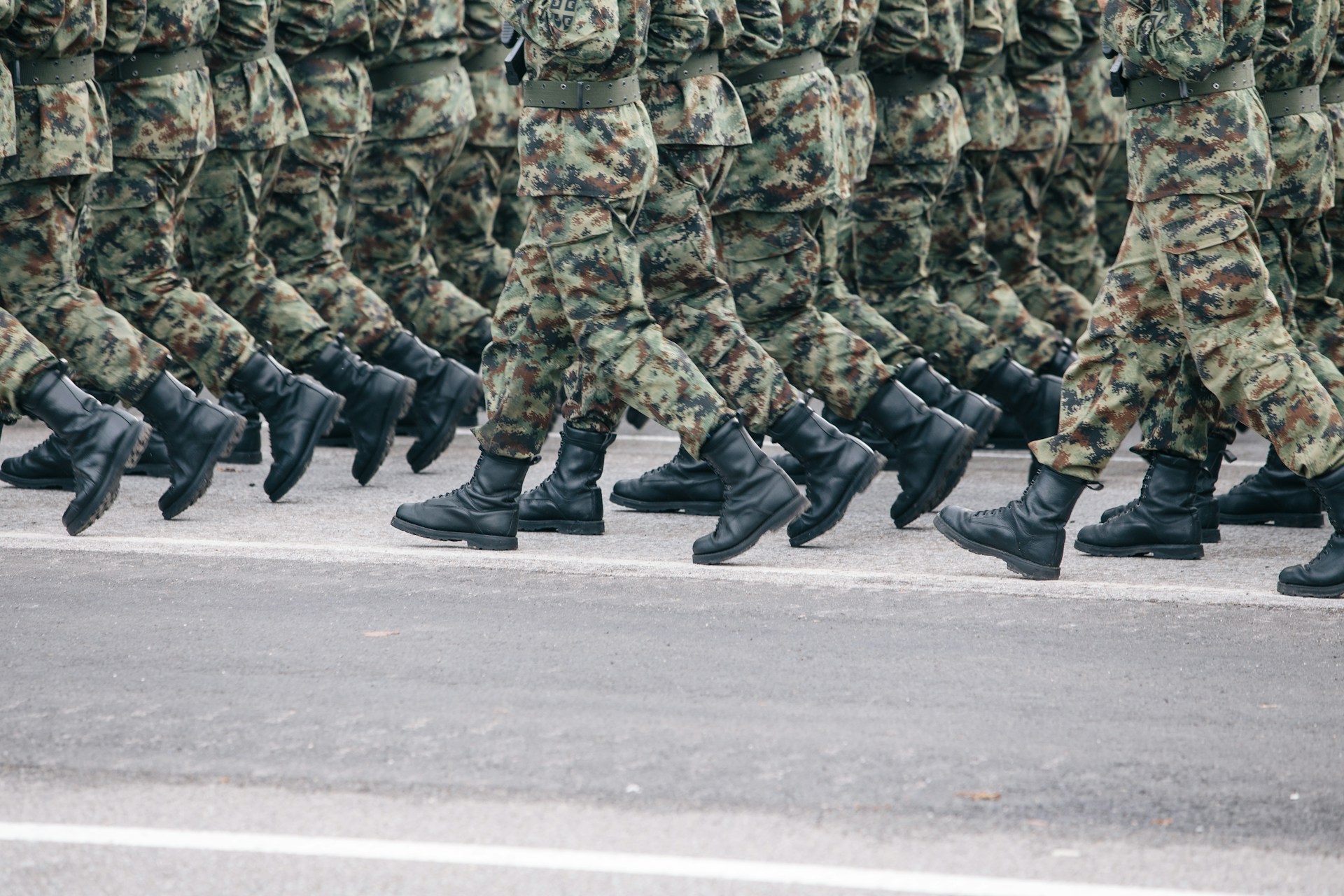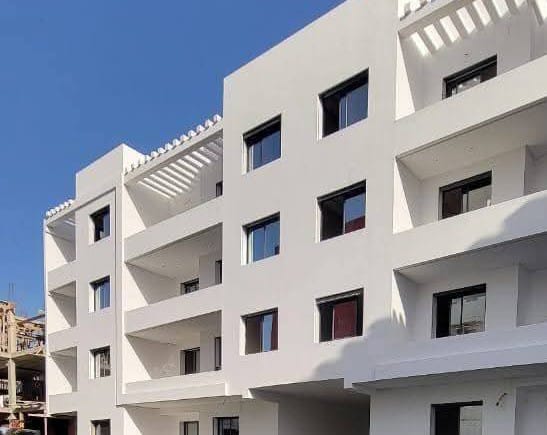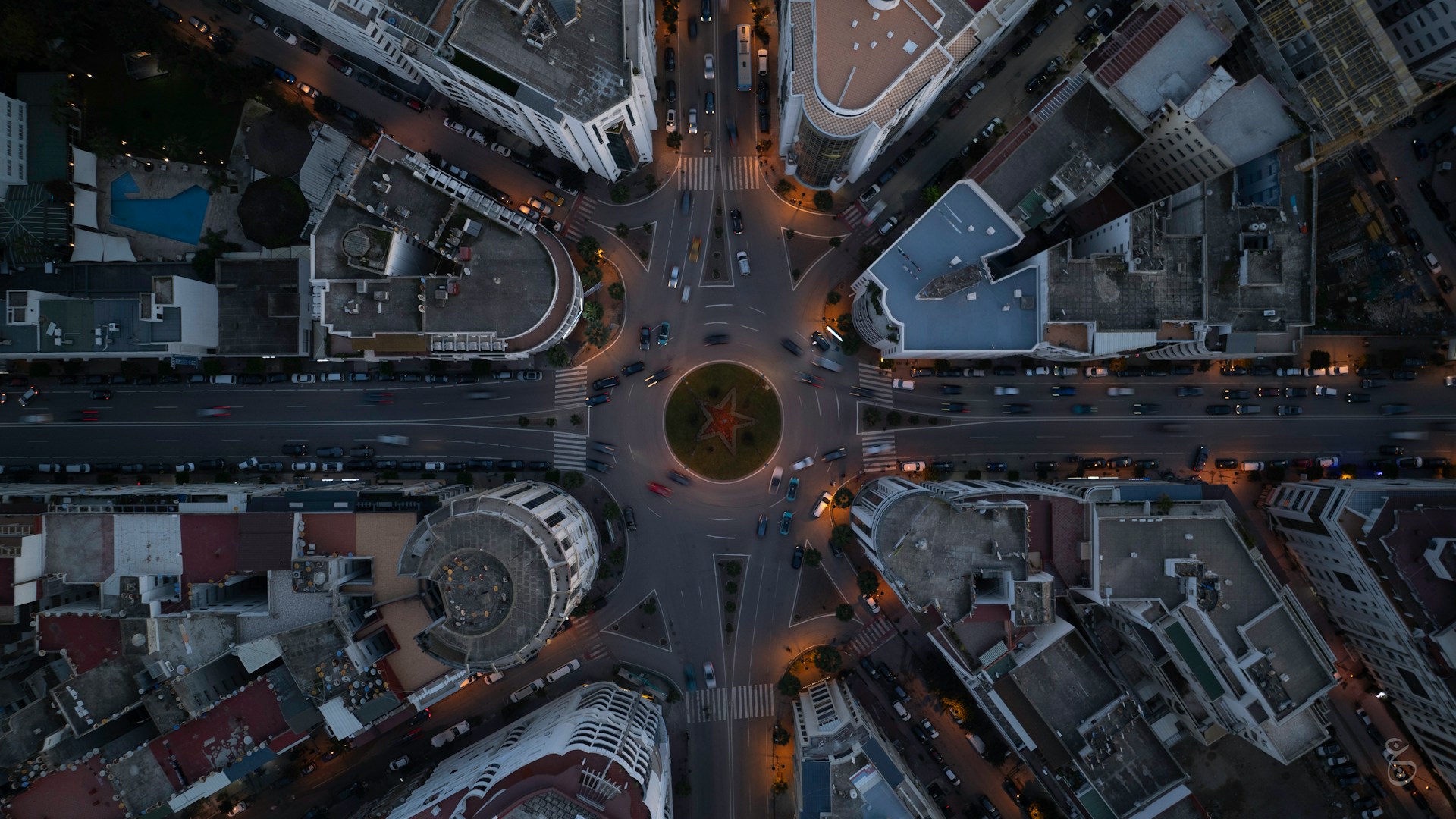Casablanca – Morocco is actively negotiating with the International Monetary Fund (IMF) to extend its $5 billion modular credit line (LCM), which is set to expire in April 2025. The government aims to reinforce its foreign exchange reserves and maintain financial stability in the face of global economic uncertainties. Nadia Fettah Alaoui, Minister of Economy and Finance, has expressed optimism about securing the renewal, emphasizing Morocco’s strong standing with the IMF due to its fiscal reforms and prudent economic management.
Strategic use of the credit line
Morocco first signed an agreement with the IMF in 2023 for a two-year LCM. Unlike traditional loans, this facility is designed as a preventive tool, providing a financial safety net without requiring immediate withdrawals. The Moroccan government has used the credit line as a precautionary measure but has not yet tapped into it for direct financing.
Speaking at the Al Ula Forum for Emerging Economies in Saudi Arabia, Fettah Alaoui confirmed ongoing discussions with the IMF. “We are optimistic about renewing the credit line in March, and negotiations are progressing positively,” she stated. She also highlighted that Morocco’s commitment to structural reforms and fiscal sustainability has strengthened its credibility with international financial institutions.
Economic context and justification for renewal
Morocco’s push for renewal comes against the backdrop of global economic volatility, particularly the ripple effects of the Russia-Ukraine war, which disrupted food and energy markets. As a regular importer of Ukrainian wheat, Morocco has faced higher import costs, fueling inflation and increasing fiscal pressures.
In 2023, inflation peaked at 6.2%, driven by soaring global commodity prices. However, government interventions helped reduce inflation to 0.9% by the end of 2024. Morocco has also been implementing tax revenue optimization and expenditure control, resulting in a budget deficit of 3.9% in 2023, lower than projected. The government aims to further reduce the deficit to 3.5% in 2024, while targeting an economic growth rate of 4.6%.
Despite these improvements, Fettah Alaoui has warned that Morocco has limited fiscal space to absorb further price shocks in global markets. The extension of the IMF credit line would therefore provide additional security, ensuring Morocco remains resilient against potential external shocks.
Attracting foreign investment amid fiscal reforms
In addition to securing IMF support, Morocco continues to attract strong foreign investment, particularly from Gulf nations. Arab investors currently account for 14–15% of total Foreign Direct Investment (FDI) in the country. Initially concentrated in real estate, tourism, and energy, these investments are now expanding into diversified sectors, reflecting Morocco’s ongoing economic modernization.
Foreign investments surged by 55.4% in 2024, reaching approximately $1.78 billion. This significant increase demonstrates investor confidence in Morocco’s stable economic policies and strategic growth initiatives.
The 2030 World Cup: A catalyst for investment
One of Morocco’s most significant economic opportunities lies in its role as a co-host of the 2030 FIFA World Cup, alongside Spain and Portugal. This major event is expected to accelerate public and private investments, with large-scale infrastructure projects planned to modernize transport networks, hospitality, and sports facilities.
According to Fettah Alaoui, the government views the World Cup not just as a sporting event but as a catalyst for economic growth. “This is a unique opportunity to boost investment and strengthen public-private partnerships,” she stated.
As Morocco continues its economic transformation, renewing the $5 billion credit line with the IMF remains a strategic priority. By securing this financial safeguard, the country aims to reinforce its economic resilience, attract more foreign investment, and sustain long-term growth. With prudent fiscal management and ongoing reforms, Morocco is well-positioned to navigate global economic challenges while capitalizing on emerging opportunities, such as the 2030 FIFA World Cup.
